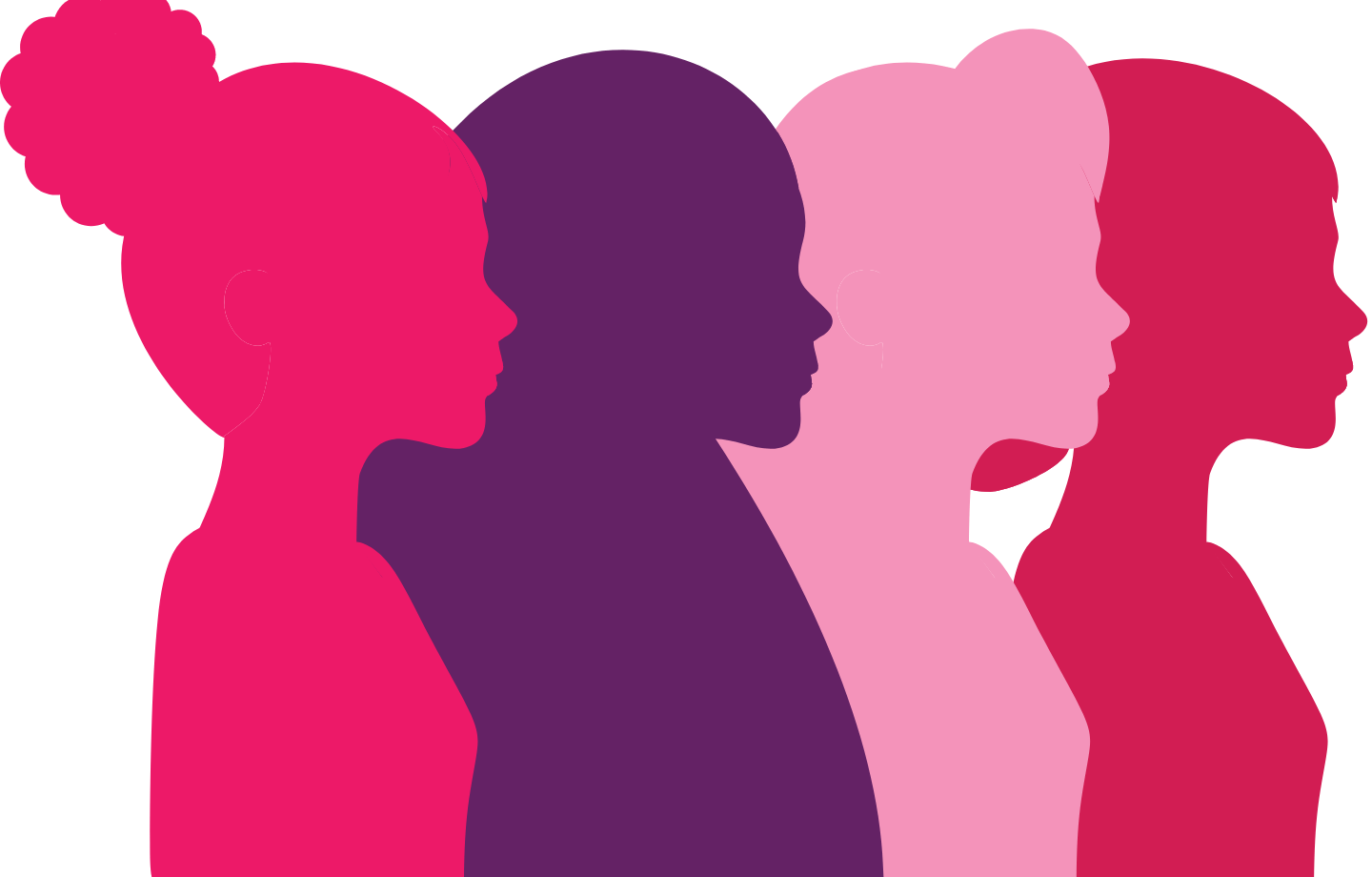
- This event has passed.
International Women’s Day
Sunday, March 10 @ 10:30 am - 11:30 am


Join us in celebrating International Women’s Day by imagining and helping to create a world free of bias, stereotypes, and discrimination. Together we can celebrate women’s achievements, raise awareness about discrimination, and take action to drive gender parity. Also during the service, join us for a very special Blessing of the Children ceremony followed by an ice cream social!
Rev. Dr. María Cristina Vlassidis Burgoa will be preaching.
Child dedications are an opportunity for East Shore’s U.U. family community to gather together in blessing and ritual. Families of every shape and form participate in our service with words of wisdom and sharing. This year, we incorporate the Child Dedication as part of our International Women’s Day Service on March 10. Service will be followed by an Ice Cream social. Please contact Amanda Uluhan, Director of Religious Education, by emailing [email protected] if you are interested in participating. All are welcome.
How to Attend
We encourage masks in all buildings. Read more about our In Person Guidelines here.
• To virtually attend, please Zoom in using room number 989 3107 9078, passcode: chalice.
• To phone into the service, call 669-900-6833, Meeting ID: 989 3107 9078.
For those joining, please mute as soon as you enter the room, so everyone can hear. Please note, the services will be recorded, but at this time, there are no plans to share the recording.
More Information
Religious Education for children and youth happens during worship on Sundays. Children and youth arrive in the Sanctuary for the just a little bit and welcome in Sunday with a story and song. Then, they attend their own programs in the Education building. Learn more here!
If you don’t have a chalice, but want to light one, check out our Making a Chalice at Home page.
In person services are followed by coffee hour.
Sermon Audio
International Women’s Day
Sermon Text
“And Ruth said, Urge me not to leave you or to turn back from following you; for where you go I will go, and where you lodge I will lodge. Your people shall be my people and your God my God”
The story of Ruth begins with famine, displacement, and three widows, Ruth, Orpah (her sister in law) and her mother in law Naomi, deep in grief, after having lost both her husband and her children, trying to figure out their next step. When Naomi urges her daughters in law to return to their native land, Orpah goes back to Bethlehem but Ruth declares (Ruth 1:16–17), “Where you go, I will go; where you lodge, I will lodge; your people shall be my people, and your God my God. Where you die, I will die—there will I be buried.”
The story of Ruth stands out compared to other biblical narratives where relationships between women are often described as filled with resentment, jealousy, and sometimes even hatred, thus reinforcing patriarchal systems of dependency and pitting women against each other. I love the story of Ruth and Naomi because it shows women wrestling with the impossible options for widows, yet choosing to remain together, to struggle together, to grieve and reimagine their lives on their terms. As a feminist, I choose to interpret the story of Ruth as resistance, as a breakthrough model for women in solidarity, helping each other, choosing each other, counting on each other, especially during difficult times. I, like Ruth, choose to remain with Naomi, to dwell with grief, and to forge hope out of nothing. The voice of Ruth resonates with me and has brought hope and strength to so many women, widows, women trapped in abusive relationships, women disowned by their families because of their sexual orientation or gender expression. I too choose to remain with Ruth and Naomi because it interrupts a narrative of suffering, subservience, and silence. For me Ruth’s words are a subversive feminist manifesto that is timeless, and that makes us want to lift our voices to say: “I choose this woman to be my family, to dwell with her, to work alongside her, to grieve with her, to seek refuge in her heart , to build a new world with her…” Ruth’s words are prophetic in a world where women are defined by their marital status while their wombs are policed and controlled by a patriarchal society sadly becoming more and more similar to the one ruling during Ruth and Naomi’s time.
Similar to the book of Esther, women in the Book of Ruth are at the center of the conversation, present in every scene. In the book of Esther, at first reading, we might focus our attention on the outcome, Esther’s courage to go undercover in the presence of the king in order to save lives and the resulting victory. But the book of Esther begins with another woman: the king’s first wife, Queen Vashti, who without uttering a single word, refuses the king’s order to be objectified and dance and perform in front of the king’s drunken friends. It is here that we find another narrative of resistance, courage, after which Queen Vashti vanished, never to be heard from again. Yet that implicit NO, that refusal and disobedience, interrupts another narrative and captures our attention as a possibility, as a glimmer of hope, as a reaffirmation of every woman’s right to refuse the orders of the rulers, to risk being banished, ostracized, and shunned, rather than have her dignity and humanity taken away. To risk it all in the name of dignity, freedom, and self respect. But in the book of Esther we don’t get to see a relationship between the women: Esther and Vashti are presented as strangers to each other and Esther is used as Vashti’s replacement. In contrast, the book of Ruth shows a loving and compassionate relationship between Ruth and Naomi, choosing to remain together when they needed support, strength, to reimagine their future and rebuild their lives, and give new meaning to family.
Giving new meaning to families of choice, choosing each other again and again, building together, resisting laws and systems that continue to police and control our bodies, that is what we celebrate here today. May this International women’s day be a reminder that even when the written narratives silence or make women invisible, we women have a long history of solidarity, we have built homes and raised families and escaped danger and plowed the fields and worked side by side in the factories, and steadied each other at the edge of the grave of our children, and smuggled a love note inside the prison, and found shelter in each other:
So beloved may we be open and willing, to choose love again and again, to reimagine family, to support each other and to rebuild hope, now more than ever, for to be hopeless would dishonor those who came before, our ancestors, as well as those who lead us in the future, our children. Let us keep on moving forward as we sing together: Where you go I will go, Beloved. Where you go, I will go. For your people are my people, your people are mine! Your people are my people, your divine my divine!


